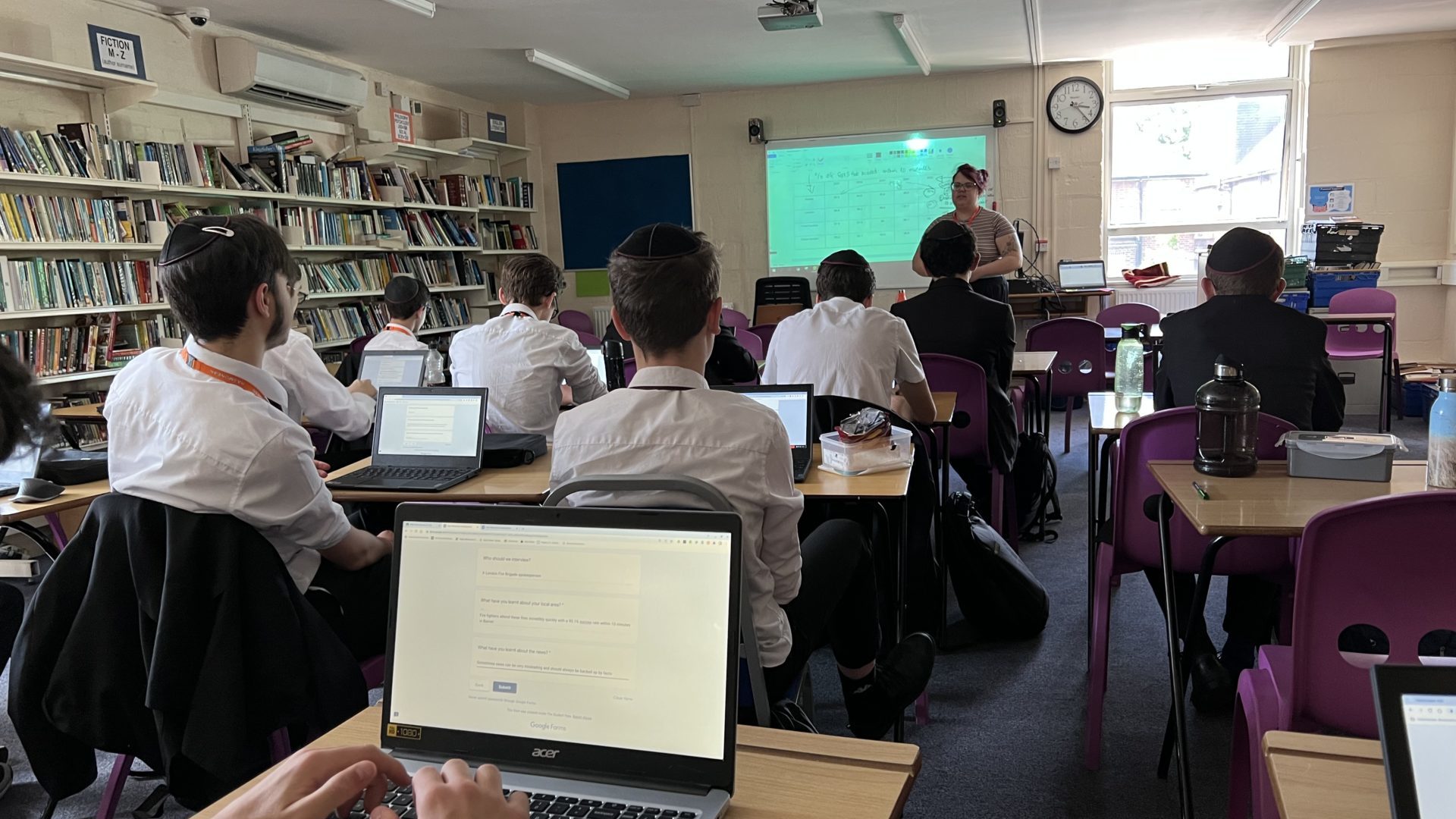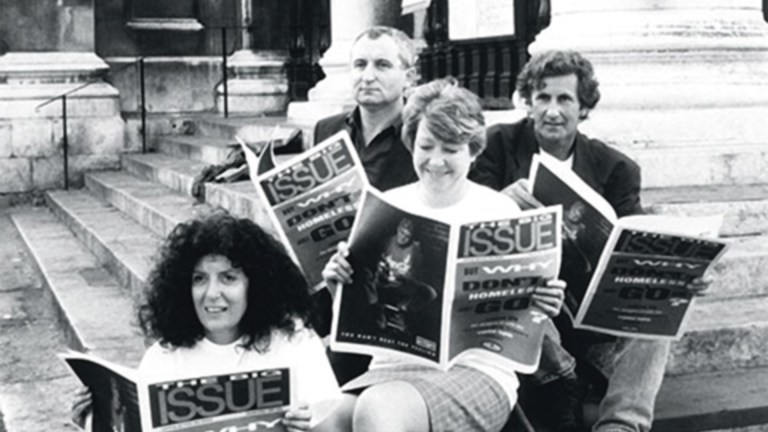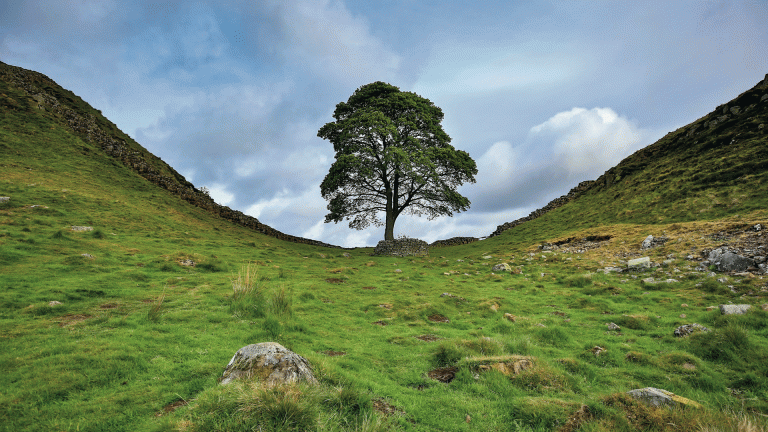Andrew Tate’s rise to fame and subsequent downfall has people discussing how we can stop the rise of content creators and media personalities who spread dangerous misinformation.
It’s an important conversation to have, but Tate is an outlier. Already famous due to his career as a kickboxer, the content creator was de-platformed, but his content still spread through bots and his followers. Banned from social media, he continued to rake in money and increase his influence, prompting the question – does ‘cancel culture’ really work?
He managed to get past “the matrix” as he called it, and spread his misogynistic messages. If social platforms can’t – or won’t – have oversight of people like Tate, it demonstrates how big an issue online safety is – especially for the young and the vulnerable. It’s a slippery slope from Tate’s misogynistic and violent rhetoric about young women, to viewing even more harmful content. A recent report from the Children’s Commissioner for England shows that children as young as nine are being exposed to pornography.
Your support changes lives. Find out how you can help us help more people by signing up for a subscription
Tate is the tip of the iceberg; there are plenty of bad actors peddling dangerous rhetoric on social media that most people won’t even know about. As algorithms are set up to expose users to more and more extreme content, it’s easy for someone to go down a rabbit hole of harmful content.
So with a landscape full of misinformation, how do we expect young people to navigate this rocky terrain? One of the reasons young people are susceptible to misinformation is a lack of media literacy skills. And we know that poor media literacy skills have real-life consequences – for our democracies and for our own day-to-day lives. In June 2018, the National Literacy Trust found only 2 per cent of children have the critical thinking skills needed to tell fact from fiction online. As content creators become slicker, the lines between truth and fiction seem more blurred. How can we expect young people to have a voice and be discerning in what they consume online if they can’t tell when they’re being manipulated?










